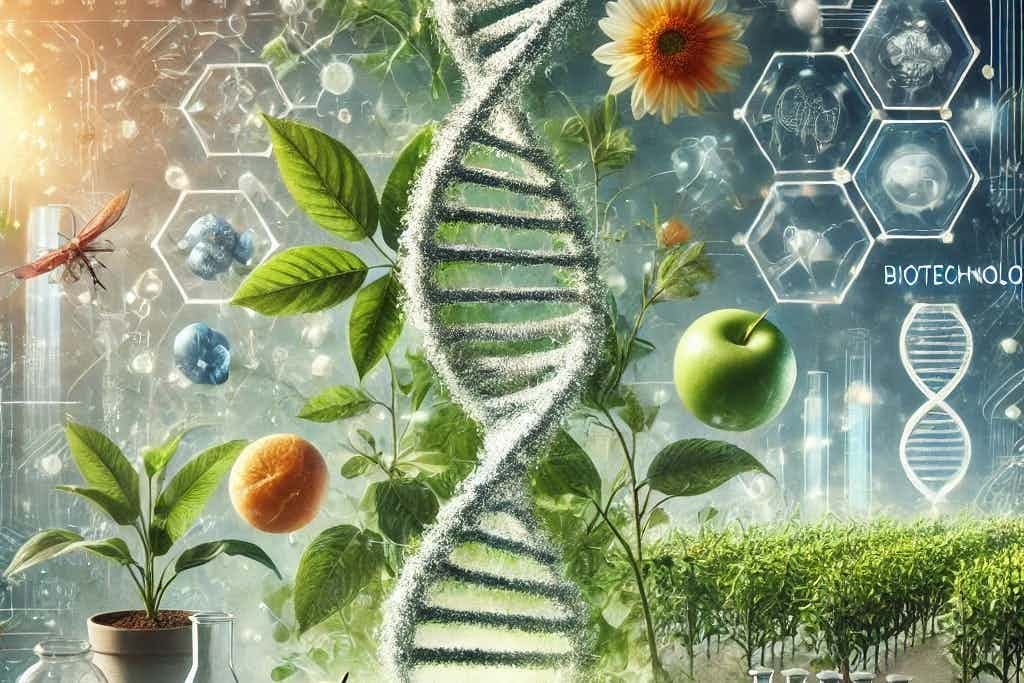In the ever-evolving landscape of scientific innovation, few fields hold as much promise and potential as biotechnology. This dynamic and multifaceted discipline harnesses the power of living organisms to revolutionize industries, improve human health, and address some of the world's most pressing challenges.
Defining Biotechnology
Biotechnology is the application of biological processes, organisms, or systems to develop products and technologies that can improve our lives. It encompasses a diverse range of disciplines, including genetics, molecular biology, biochemistry, and engineering, all working together to unlock the secrets of living organisms.
Transforming Industries
The impact of biotechnology can be seen across a wide range of industries, from agriculture to pharmaceuticals. In the agricultural sector, biotechnology has enabled the development of genetically modified crops that are more resilient to pests, diseases, and environmental stresses, helping to enhance global food security.
In the medical field, biotechnology has been instrumental in the creation of life-saving drugs, personalized therapies, and innovative diagnostic tools. Advancements in genetic engineering and stem cell research have opened new avenues for treating diseases, restoring damaged tissues, and even reversing the effects of aging.
Addressing Global Challenges
Biotechnology also plays a crucial role in tackling some of the world's most pressing environmental and societal challenges. In the realm of renewable energy, biotechnology-based solutions, such as biofuels and biomass conversion, offer sustainable alternatives to fossil fuels, reducing our reliance on non-renewable resources.
Moreover, biotechnology is at the forefront of efforts to mitigate the impact of climate change. By developing technologies that can capture and sequester carbon, or engineer more efficient and eco-friendly industrial processes, biotechnology is positioning itself as a key player in the fight against global warming.
Ethical Considerations
As the field of biotechnology continues to evolve, it has also raised important ethical questions. Discussions around genetic engineering, stem cell research, and the potential societal implications of these technologies have sparked debates among scientists, policymakers, and the general public.
Responsible development and implementation of biotechnological advancements require a delicate balance between scientific progress and ethical considerations. Ongoing dialogue and collaboration between various stakeholders are essential to ensure that the transformative power of biotechnology is harnessed for the betterment of humanity and the planet.
The Future of Biotechnology
The future of biotechnology is brimming with possibilities. From personalized medicine and organ regeneration to sustainable biomanufacturing and environmental remediation, the applications of this dynamic field are virtually limitless.
As researchers, entrepreneurs, and policymakers continue to push the boundaries of what is possible, the transformative potential of biotechnology will undoubtedly shape the world of tomorrow, offering solutions to some of humanity's most pressing challenges.








